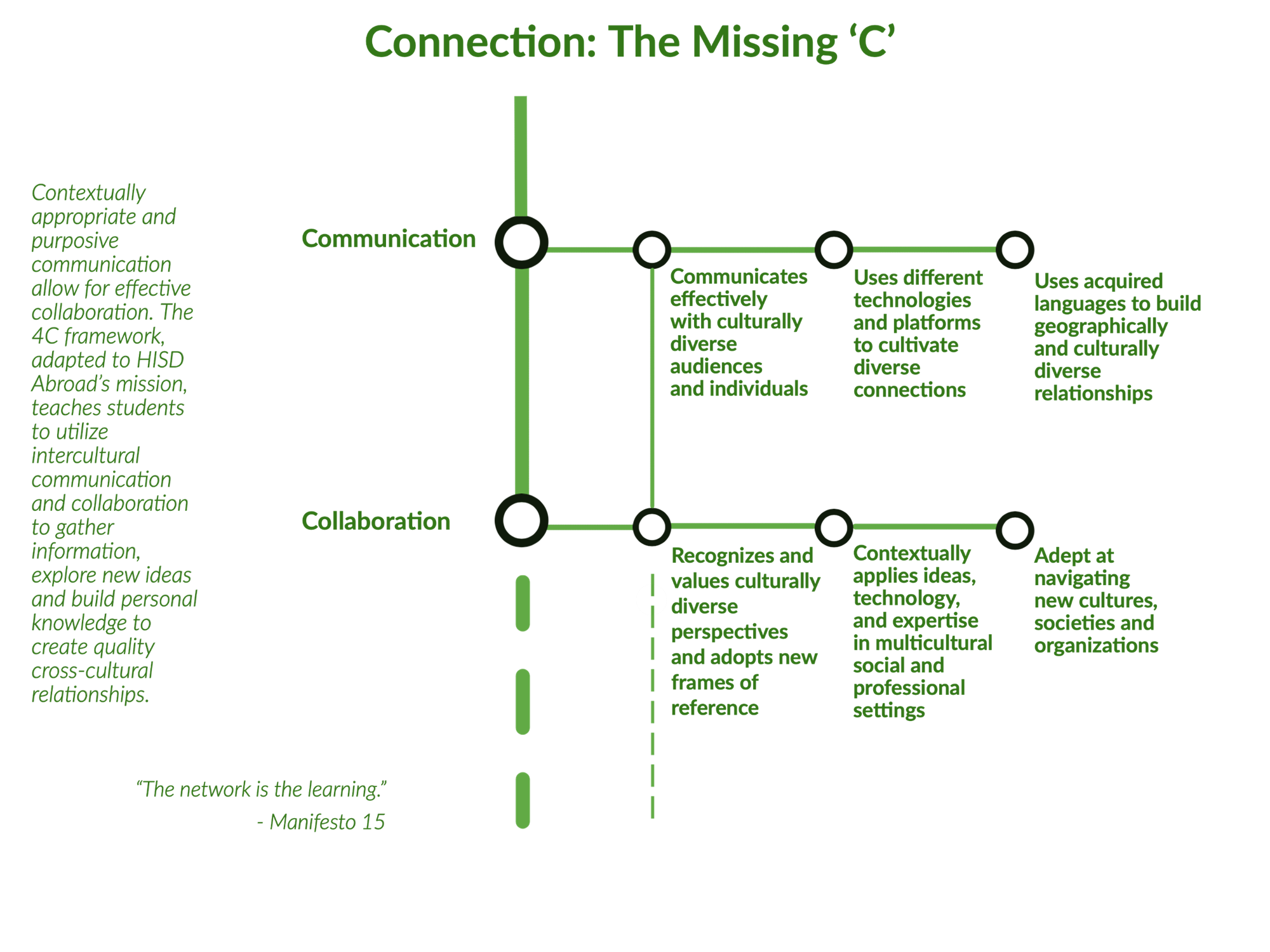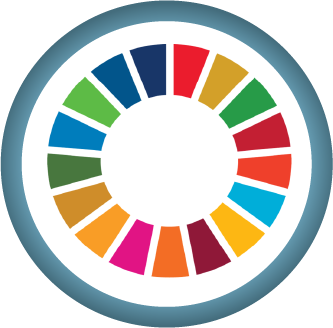The Three pillars of hisd abroad
-
People
The People Pillar rests on the value of social networks in accessing life opportunities - college, career and beyond - and is focused on expanding and diversifying student networks. The foundation of this pillar is comprised of two components:
- Equity of access
- Intercultural Competency
Equity of Access
The HERC study, a joint research initiative between HISD and Rice University, defines equity as:
ensuring that all students receive the resources, supports, and opportunities they need to achieve success in school, career, and life.
HISD Abroad believes that the opportunity to build a diverse network structured according to students' needs, interests and potential - and to discovering their interests, needs and potential - is largely a matter of equity and, thus, considers relationships as a resource (RaaR) in its programming objectives.
International RaaR programming designed by HISD Abroad and its partners consider relationships as both key inputs and outputs. In doing so, HISD Abroad measures the quantity, quality, and structure of student networks using the social capital playbook designed by the Christensen Institute.
Intercultural Competency
Intercultural competency is a key skillset in building and mobilizing a diverse, multicultural network.
It's not enough to simply make connections. Information should flow freely and fluidly in order to allow students to strengthen their relationships through self-sustained and meaningful interaction - particularly relationships that develop remotely.
HISD Abroad uses the 4Cs of 21st century learning as a framework for building students' intercultural competencies to not only cultivate the connections they make, but also to inspire them to make new, cross-cultural connections.

-
Planet
-
Purpose
The objective of the Purpose Pillar is to engender a lifelong commitment to global civics and to serve as a vehicle for developing student networks and the 4Cs of intercultural competency. People and Planet power the Purpose Pillar by infusing global knowledge with personal and local meaning. Students learn to evaluate local issues through global frames of reference. The United Nations Sustainable Development Goals are used a framework for civic engagement.







